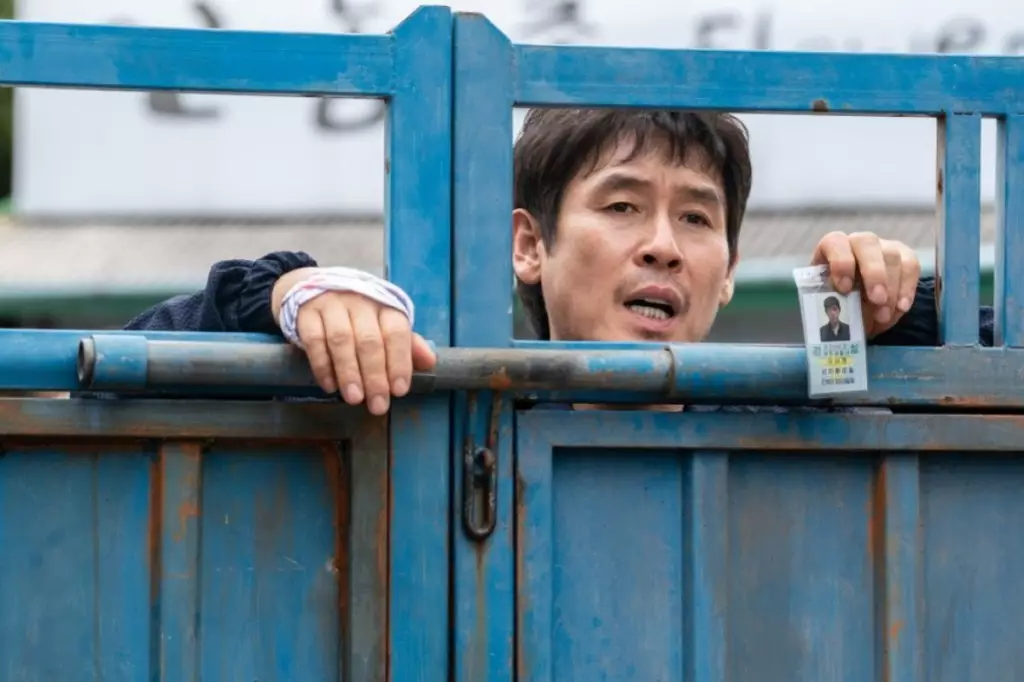South Korean auteur Chung Ji-Young is a renowned director who has spent four decades in the film industry, consistently challenging the status quo with his thought-provoking movies. His latest film, The Boys, premiered at the eighth London East Asian Film Festival, shedding light on a real-life murder-robbery case that caused three innocent country boys to be wrongfully imprisoned in North Jeolla Province in 1999. In this article, we will delve into Chung Ji-Young’s motivations for making The Boys and explore the recurring themes of power and authority that have shaped his filmography.
In The Boys, Detective Joon-cheol, portrayed brilliantly by Sol Kyung-gu, embarks on a relentless crusade for justice after learning that the true criminals behind the murder-robbery have escaped punishment. Joon-cheol’s pursuit of truth unleashes a storm of corruption from the area’s lawmakers, jeopardizing his career and credibility. With The Boys, Chung Ji-Young aims to expose the abuse of authority and the ease with which those in power can manipulate narratives for their benefit.
As someone who has consistently challenged authority throughout his career, it comes as no surprise that Chung Ji-Young finds himself at odds with the powers-that-be. With a touch of humor, the director admits to being public enemy number one for those in authority in Korea. This uneasy relationship has not deterred Chung Ji-Young; instead, it has fueled his artistic expression by pushing boundaries and questioning the status quo.
The Boys serves as a catalyst for introspection. Chung Ji-Young hopes that by watching the film, viewers, particularly Koreans, will reflect on their own potential contributions to the distorted narrative that transformed innocent individuals into “killers.” The director’s intention is to raise awareness about the ease with which authority is abused and to encourage society to question cases like this and prevent indifference from taking hold in their personal lives.
The Boys forms part of what critics have referred to as “The True Story Trilogy,” alongside Chung Ji-Young’s previous works, Unbowed (2012) and Black Money (2019). Each film within this thematic trilogy examines power and authority within Korean society. Unbowed portrays a disgraced math professor who takes matters into his own hands, while Black Money delves into a real-life banking scandal. By focusing on individuals with power or authority in each of these films, Chung Ji-Young provokes societal introspection regarding how marginalized or disadvantaged individuals are treated.
Chung Ji-Young’s films encourage audiences to question their perception of marginalized groups. The Boys prompts viewers to consider how those in positions of power view and treat innocent individuals who are alienated, marginalized, or impoverished. By raising this vital question, Chung Ji-Young forces us to contemplate the reality that we live in and the importance of not becoming indifferent to such cases due to the comforts of our personal lives. Engaging in continuous dialogue and analysis of these matters is crucial to enact positive change and prevent the perpetuation of injustice.
As Chung Ji-Young approaches the age of 77, he contemplates the future of his filmmaking career. Eager to adapt to the evolving landscape of the film industry, he acknowledges the changing ways in which people consume movies. However, Chung Ji-Young remains steadfast in his commitment to staying true to his filmmaking style and subject matters. While his filmmaking techniques may evolve, the core themes of his work are unlikely to change. The director constantly questions when audiences will cease to flock to theaters or watch his films, a reflection of his unwavering dedication to challenging the status quo and inciting critical thought.
Chung Ji-Young’s work, exemplified by The Boys, continues to shape the South Korean film industry. The director’s fierce ambition to challenge authority and shine a light on social injustices demonstrates his role as a cinematic force for change. As audiences watch his films, they are compelled to reflect on their own responsibility in contributing to societal narratives. Chung Ji-Young’s legacy serves as a reminder of the power of cinema as a tool for raising awareness and evoking transformation.

